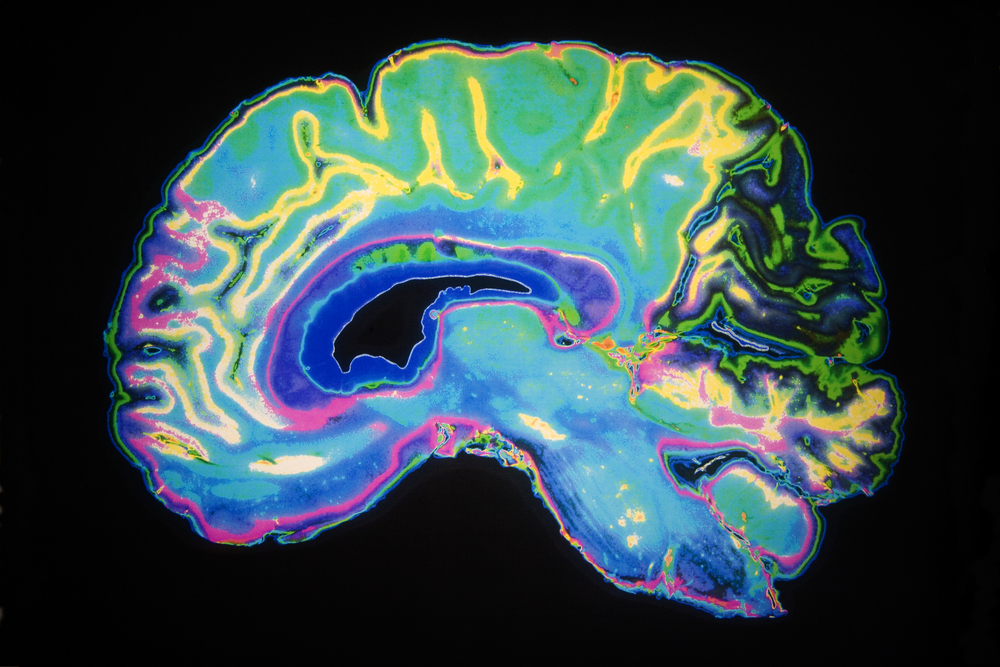Rodin Receives $600,000 Michael J. Fox Foundation Grant for Parkinson’s Research
Written by |

The Michael J. Fox Foundation for Parkinson’s Research (MJFF) has awarded $600,000 to Rodin Therapeutics to advance new research in Parkinson’s disease.
One of the most prominent features in Parkinson’s is the loss of dopaminergic neurons in a brain regions called substantia nigra. These cells produce dopamine, the chemical messenger that coordinates movement.
Loss of dopamine (and dopaminergic synapses) causes neurons to start communicating abnormally, leaving patients unable to control their movements. Sometimes, patients also show signs of cognitive impairment.
This has led Rodin to try to develop small molecules that boost critical pathways in synaptic function with minimum safety risks. The approach may be useful for Parkinson’s and other neurological and neuropsychiatric diseases where synaptic loss is a major concern.
Rodin, based in Cambridge, Massachusetts, uses epigenetic regulation — the mechanism by which specialized proteins turn genes on and off — to treat diseases like Parkinson’s. The company’s approach is based on the principle that modulation of the HDAC complex, a major epigenetic regulator, can restore synaptic function, health and survival (also called “synaptic resilience”) in degenerative brain diseases.
The strategy is promising in the sense that it could be potentially used by several phenotypically diverse diseases that share the common root cause of impaired neuronal and synaptic function.
“We are pleased to support Rodin’s research toward enhancing synaptic resilience, an intriguing new strategy with strong potential for treating Parkinson’s disease,” Dr. Jamie Eberling, MJFF’s director of research programs, said in a press release. “The Rodin molecules exhibit favorable properties, and we look forward to continued progress as the company moves its program toward the clinic.”
Adam Rosenberg, president and CEO of Rodin, said his company is proud of the grants it has received from the foundation.
“MJFF’s ongoing support has enabled Rodin to make important preclinical progress in optimizing the therapeutic window of our compounds as we prepare to advance into clinical trials,” he said.


